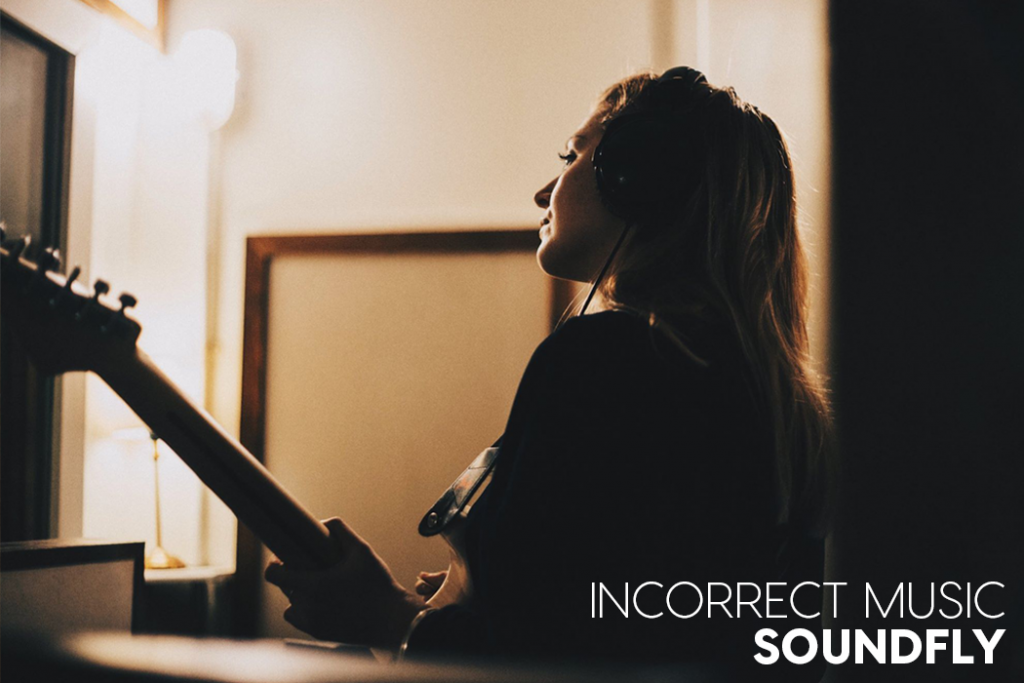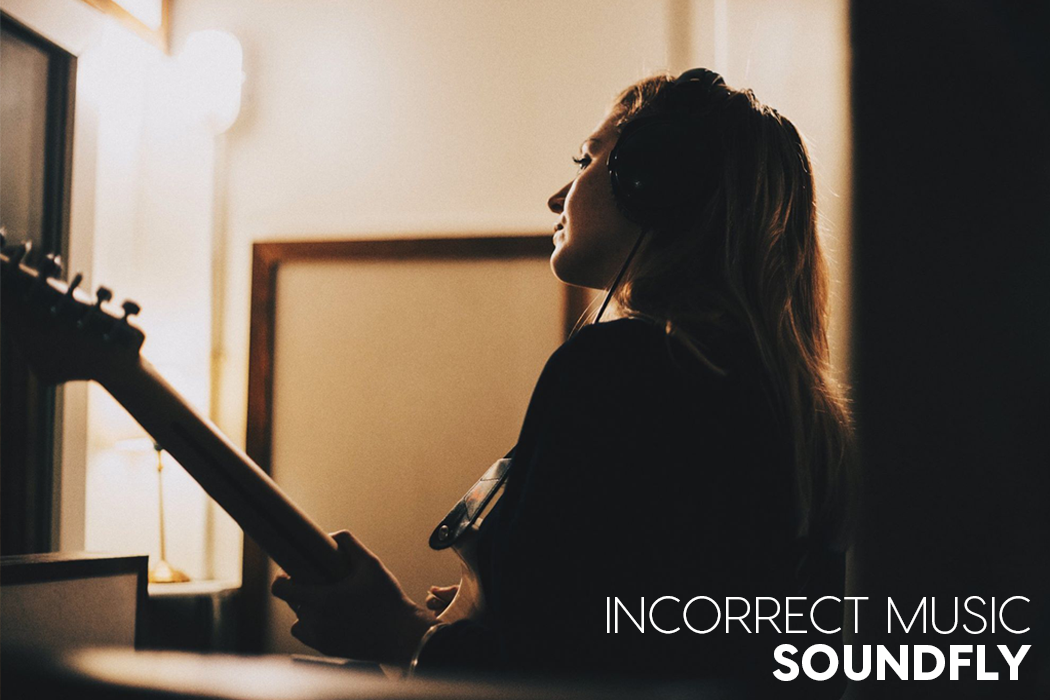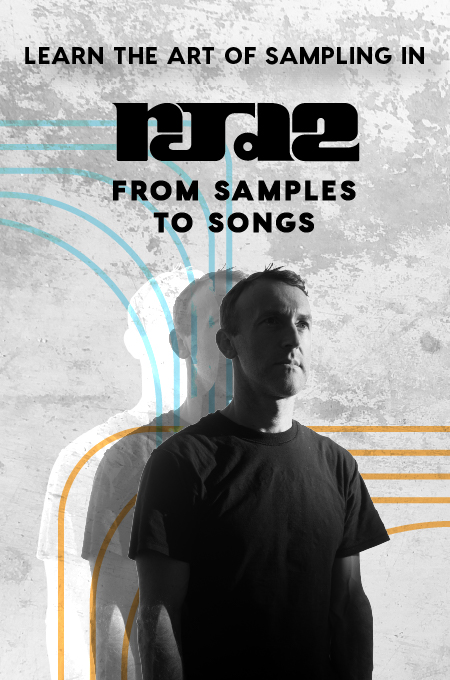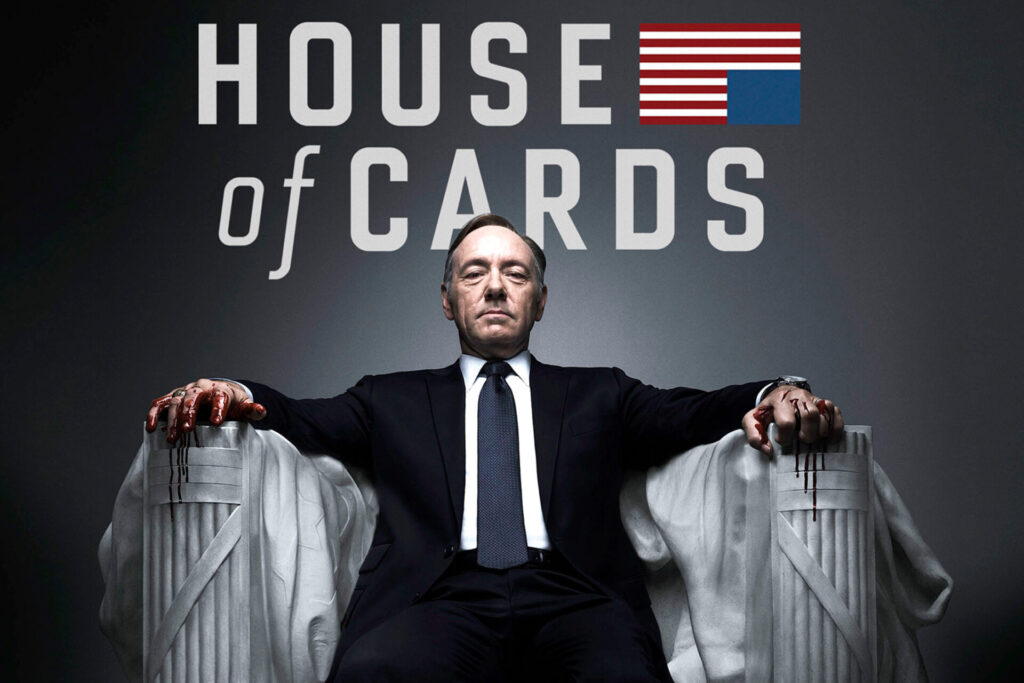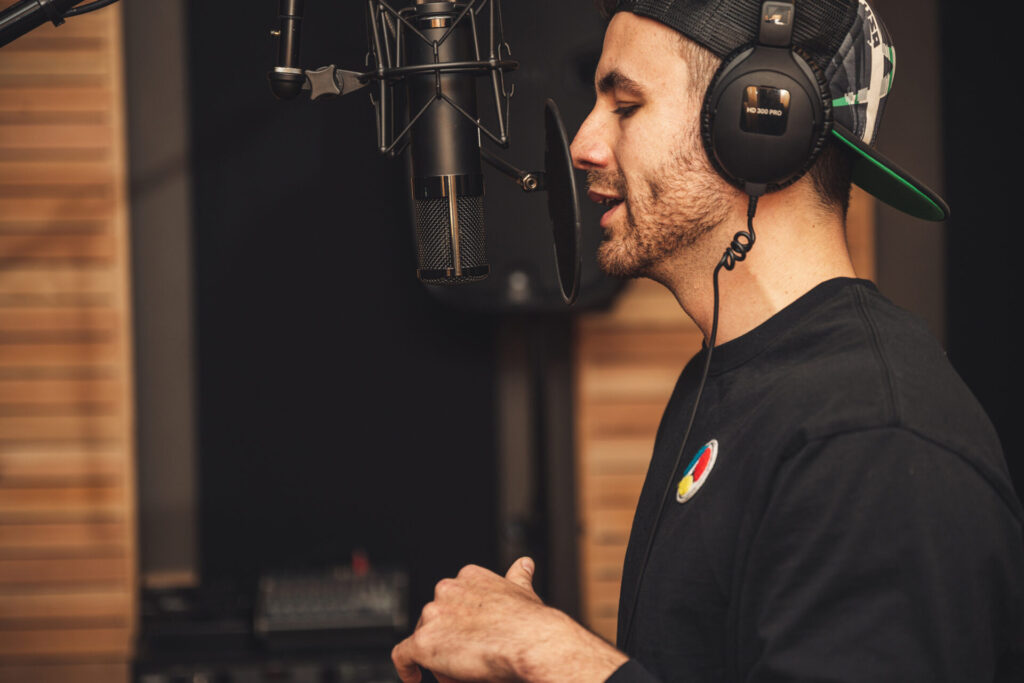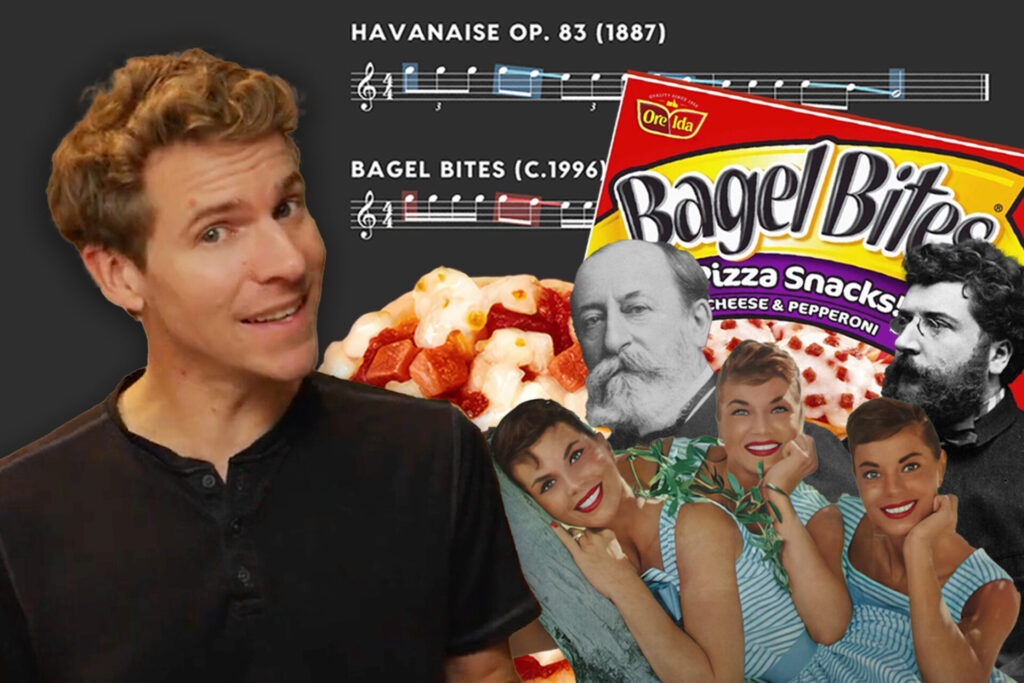Welcome back to Soundfly’s new interview series, Incorrect Music, curated by guitarist, singer, and composer Lora-Faye Åshuvud (of the band Arthur Moon). In this series, we present intimate conversations with artists who are striving to push the boundaries of their process and craft.
Interview by Evan Zwisler
When an artist has the courage to describe her work as “uncomfortable,” “unexpected,” and “uneasy,” it’s hard not to be intrigued. TUSKS (aka Emily Underhill) is a UK-based songwriter, multi-instrumentalist, producer, and singer whose textured, cinematic pop deconstructions explore the boundaries between accessibility and individuality.
TUSKS’ debut full-length, Dissolve, is the most recent result of Underhill’s studio experimentation, and it boasts an expert asymmetry that comes both from her approach to songwriting (“I never wanted to learn [guitar] properly.… I think you end up writing so differently when you’re not actually sure what notes or chords you’re playing”) and her cultivated ear for electronic pop production and arrangement. Dissolve is slated for release on October 13 via One Little Indian.
– Lora-Faye Åshuvud
Are there themes that bind the songs on Dissolve together?
Yeah, I think so. It’s an incredibly personal record. I guess lyrically it touches on a lot of things that people go through in life and relationships, but I wanted to keep an edge and a bit of secrecy to it. It’s a bit of a journey album for me.
What instruments do you play on the album?
Vocals, piano, guitar, synthesizers, and some percussion.
+ Learn more on Soundfly: Create more powerful, emotional experiences in your music with a simple understanding of harmonic theory. Our new mentor-driven course, Unlocking the Emotional Power of Chords, can help you get there quicker!
What was your musical journey like, and how did you learn to play your instrument(s)?
I was taught piano when I was a kid. That was my main instrument for a while, then when I was about 14, I bought a guitar and taught myself that on the side. I never wanted to learn it properly though, and I still haven’t because I think you end up writing so differently when you’re not actually sure what notes or chords you’re playing. I was really unconfident singing for ages and only really started enjoying it when I hit my 20s and figured out how to use my voice and what style I enjoyed.
Who were the artists who challenged you to think differently about composition and songwriting early on?
My parents listened to a lot of classical music, so I guess that stretched my ideas about composition early on. I think now it’s listening to more jazzy stuff and electronic artists like Flying Lotus, Lapalux, Björk.
Did you change anything about your typical process to create the songs on Dissolve?
I definitely wanted to progress away from the style of my previous EPs. I tried out writing in more complex time signatures and a lot more on guitar. I think the track “Last” is definitely the one that progressed the most from my typical writing process. I’d never actually written on guitar before where I’m strumming rather than finger-picking. And producing this song with a drum beat and the huge chorus was really fun.
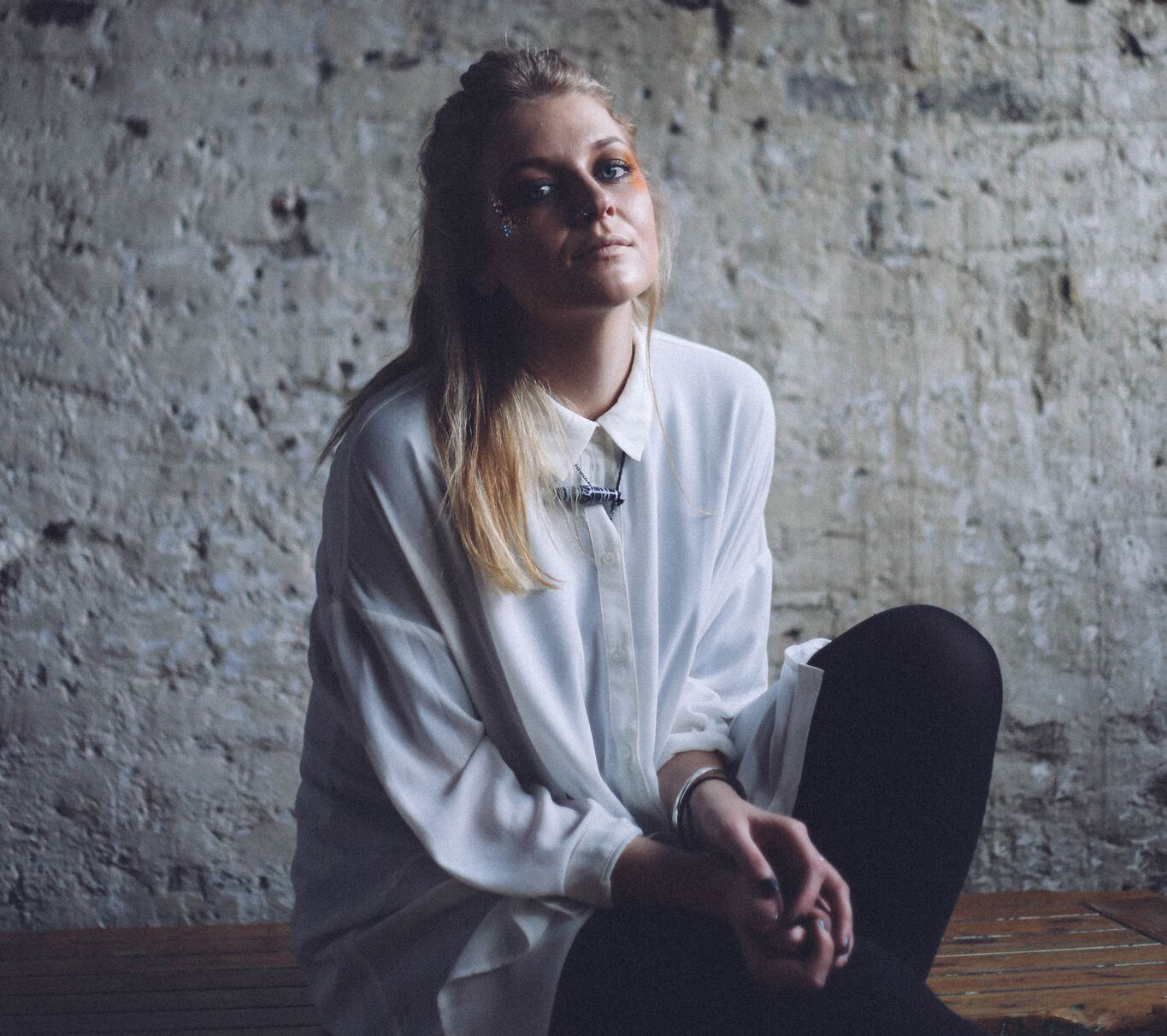
+ Learn more on Soundfly: Whether you’re laying down demos, orchestrating digital strings in your DAW, or sampling found sounds in a beat, getting a good mix on your track could mean the difference between failure and fame. Sign up here to be notified when Soundfly’s new course on modern mixing techniques goes live!
What do you do that you’ve never heard of other people doing?
Haha, probably writing songs that are then very hard to play live and solo! Other people probably think that through a bit more than I do!
What about your music might you consider to be “incorrect”?
I love having uncomfortable and unexpected moments in music which keep it all in a slightly uneasy state. There are weird time changes in songs like “Paris” and detuned synths and guitars at the end of “False” — I feel like you can put so much emotion in those parts without using lyrics, which is way more powerful for me.
What advice would you give young women trying to make it in the music industry today?
I think just get really good at your craft, whether that’s playing an instrument and performing or producing and engineering. I think the best way to combat sexism in the industry is to simply be better than the person with the sexist assumptions and prove someone wrong who’s assumed you can’t produce or play your instrument because you’re a girl.
“I love having uncomfortable and unexpected moments in music which keep it all in a slightly uneasy state.”
On Spotify, one of your most commonly played songs is a remix (“Dreamcatcher” remixed by Bodhi Glich). Do you ever write with the idea that your song might be remixed in mind?
No, never! I’ve always been such a huge fan of Bodhi Glitch, and I was so excited when he agreed to do a remix. I actually didn’t know he’d finished it until I went and saw him play live and he included it in his set — that was such a great moment!
Do you think your sound lends itself well to reinvention and reinterpretation?
Yeah, I do, but purely because I’ve been lucky enough that so many amazing artists and producers have remixed my work and created these amazing tracks from my sound.
Your producer Brett Cox has worked with Alt-J and Frightened Rabbit before. Do you share songwriting duties at all?
No, I came to Brett with the tracks and then we produced them together. He has a lot of amazing ideas and is such a creative person — it was so fun to build the tracks with him.
How did you guys hook up, and what is your relationship like?
We met at uni! Brett’s great — he’s really calm and probably the hardest working person I’ve ever met. He doesn’t have an ego either, which is so refreshing and makes him such a pleasure to work with. I put incredible amounts of pressure on myself, and I think I was a bit of a nightmare at times in the album process, but our relationship just about survived through our arguments about guitar sounds. I just bought him lots of coffee and beer to make up for it!
What was the best advice you’ve ever received?
Ahhh, I don’t know! I’m still looking for advice, I think…
Want to get all of Soundfly’s premium online courses for a low monthly cost?
Subscribe to get unlimited access to all of our course content, an invitation to join our members-only Slack community forum, exclusive perks from partner brands, and massive discounts on personalized mentor sessions for guided learning. Learn what you want, whenever you want, with total freedom.
